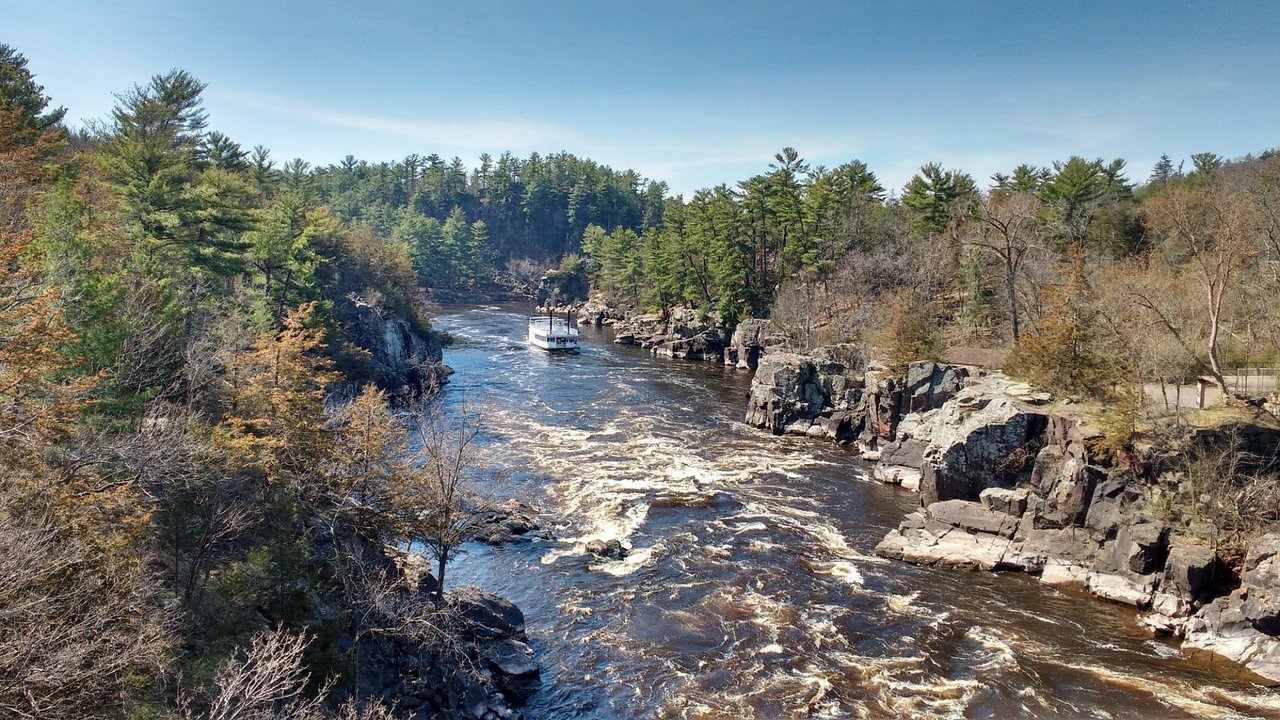
Worship Videos

You can view recorded videos of worship services and more!
Find us on YouTube at:
https://www.youtube.com/@TaylorsFallsUMC




Jesus the honest-to-goodness Heavenly King of Kings and Lord of Lords rides triumphantly into Jerusalem on a year-old donkey. What?... Kings don't ride into town on little donkeys! But Jesus did, because he was not a run-of-the-mill earthly king. Run-of-the-mill earthly kings bask in their power and privilege and lord it over their subjects. By contrast, Jesus lovingly SERVED his followers, healing their unsanitary diseases, and even getting down on his hands and knees and washing their dirty feet. What about you? If you are a Christian, Jesus is your role model. If you sincerely try to love others the way Jesus did, then the people who wonder what God looks like, will get a quick peek through your actions. For sure!
Special guests came to our service today, Janet Dibble's grandson, Isaac, his wife, Morgan, and their 7-month old daughter, Reese, Janet's great granddaughter. Plus many friends and relatives to witness little Reese's baptism. Today's lesson was titled, "God's New Math." God adds, subtracts, multiplies and divides differently than we do. For example, 1 + 1 = 1, that is, 1 God + 1 man = 1 Savior, Jesus Christ... and so on, there are so many more Biblical examples of God's "new math." God's math doesn't seem logical to us, mostly because our human minds aren't large enough to even begin to comprehend the limitless love and power of God that gives the "new math" its real meaning. I invite you to watch and learn a little of God's infinite arithmetic.
We're still solidly in the season of Epiphany, the season following Christmastime. As you may remember from last week, an "epiphany" is--in modern terms--a "big reveal," at lease some kind of unveiling... of a profound truth or a new awareness. So, what's the unveiling in today's readings? In Luke's description of Jesus' baptism it's the Holy Spirit coming on Jesus in the form of a dove, and God's voice declaring, in effect, "Jesus is my son, and I support him 110%." In Acts 8 we read that even the Samaritans, whom the Jews passionately hated, believed in Jesus, were baptized, and received the Holy Spirit. For the Jews back then that was a HUGE reveal... and one they didn't necessarily like. For us today it means: Jesus came to earth for EVERYONE, whether we like them or not.
What in the world is an "epiphany?" Aside from its centuries-long religious meaning (referring to the Magi/Wise Men's journey to see the baby Jesus), it means "any moment of great or sudden revelation." It's an A-HA moment… a “light bulb” moment… when you see something you hadn’t seen, noticed or ever thought of before. There are quite a few A-HA moments of revelation, or unveiling, in the Christmas story. Such as the revelation of the Bethlehem Star to the Wise Men. Or our revelation that Jesus came not just for you and me and other people who look like us... but for EVERY SINGLE PERSON in the whole world, who--in this case--were represented by the Wise Men who came from "the East," or "the Orient." But the greatest epiphany is that A-HA moment when we realize that Jesus Christ is truly the greatest, most perfect gift God has ever given to the world.